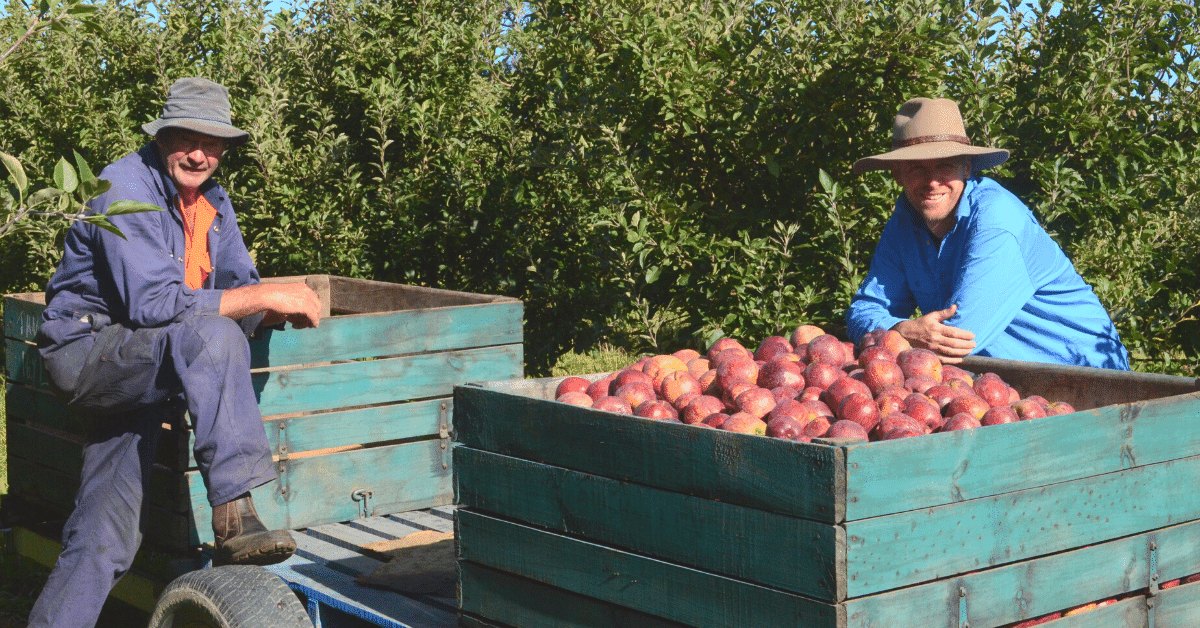Natura Pacific | A Vision for the Future
In 2021 Natura Pacific leased a 26-acre piece of land at Amiens. The property is comprised of orchards and native vegetation. With the advent of COVID-19 Natura Pacific expanded into a new market and adapted our Social Enterprise in 2020 to include services to the agriculture sector through carbon farming and regenerative agriculture. During this time, we have been providing sustainable agriculture and carbon offset advice to 11 farmers who collectively own and manage over 15,400 ha of property in Queensland. Utilising the Amiens property we propose to grow and scale up these services by implementing a demonstration regenerative agriculture farm on our own lease and by collaborating with farmers and producers on-country, while producing a mini-documentary of this journey. Natura Pacific’s mission is centred on the environment and sustainability and providing education and outreach in relation to those areas. This project aligns with both our ethical focus to improve environmental outcomes and our social focus to educate and empower individuals and communities in sustainability actions. Ultimately our project will demonstrate and communicate that sustainably managed and integrated agriculture has a genuine place as a livelihood in Australia at multiple spatial scales. From house blocks to peri-urban settings, from small to large farms, the production of food should not compromise soil, waterway health, native biodiversity or climate. This project is timely, given the urgency around making Australia resilient to climate change and changes in regional and global markets due to COVID-19, as well as halting and reversing land degradation, vegetation and biodiversity loss, reducing climate emissions and increasing the sequestration of carbon in soils. Due to COVID, we have seen a significant move by the public to embrace buying local, food growing at home, owning poultry, keeping bees, composting, preserving food and raising livestock. A drive for ‘self sufficiency’ has increased, particularly in peri-urban environments where there are resource opportunities (soil, water, vegetation). However, ‘self sufficiency’ does not necessarily mean ‘sustainability’, nor does it equate to growing an excess of produce for sale/commerce, which otherwise would improve economy, support jobs, provide food security and strengthen regional reliance on locally grown food. While there are various resources available that communicate individual aspects of sustainable farming, mixed cropping and regenerative agriculture, there is no ‘recipe book’ to achieve this holistically. Our project will provide a model for integrated sustainable farming and agriculture that can be applied to other farms, detailing key management decisions based on inputs, outputs and environmental and ecological health parameters. Management actions will include planting regimes, livestock rotations, irrigation cycles, energy input frequency and harvesting/sales windows while highlighting the value of planting of cover/beneficial crops, using black soldier fly systems, bee keeping, pollinator wildflower beds, owl and micro-bat nest boxes, compost systems and strategies to protect and enhance existing biodiversity and waterway and soil health.


